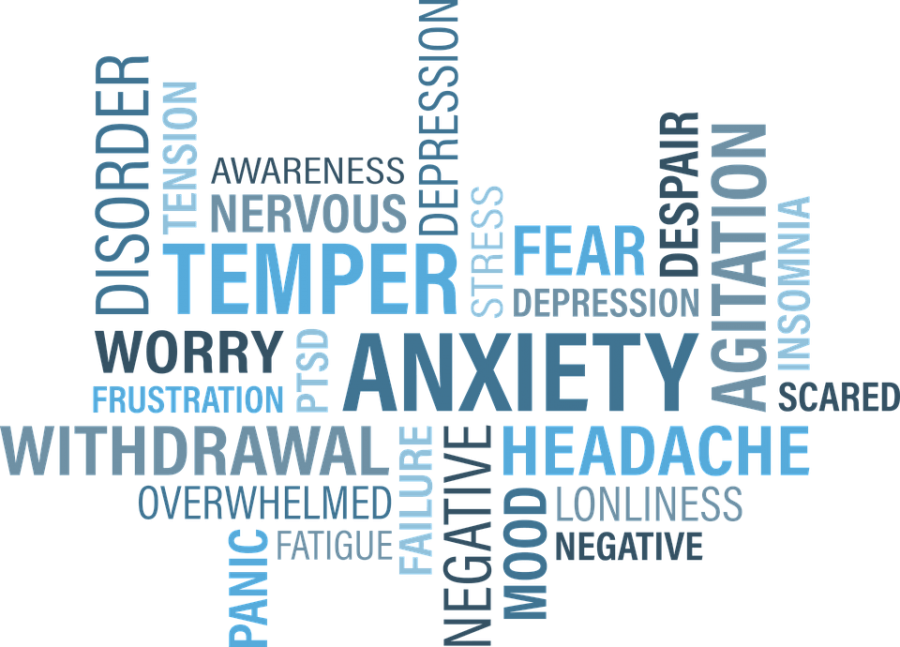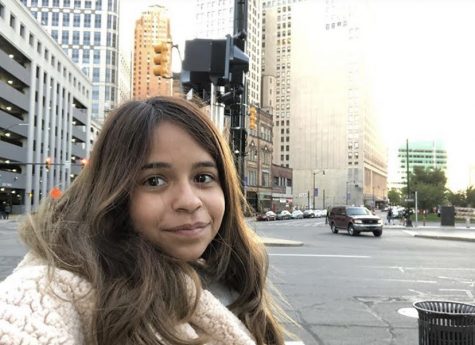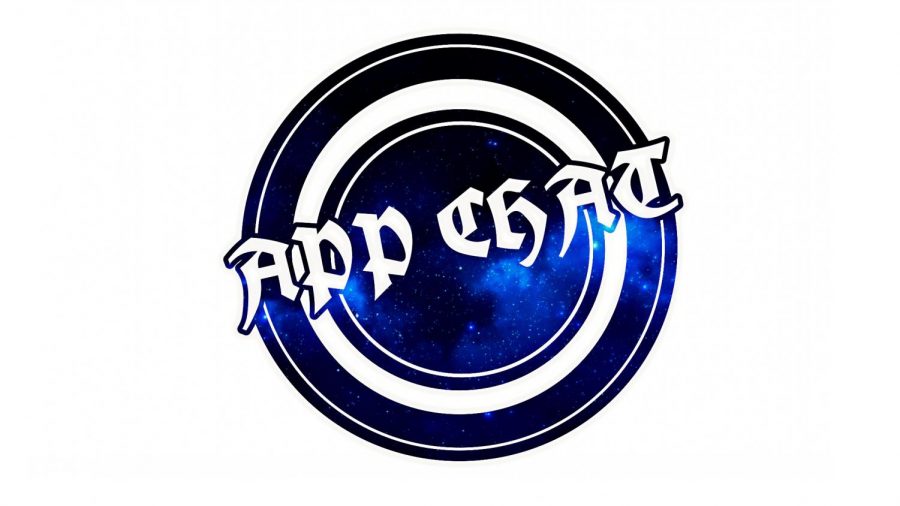Mental Health in Youth
March 7, 2021
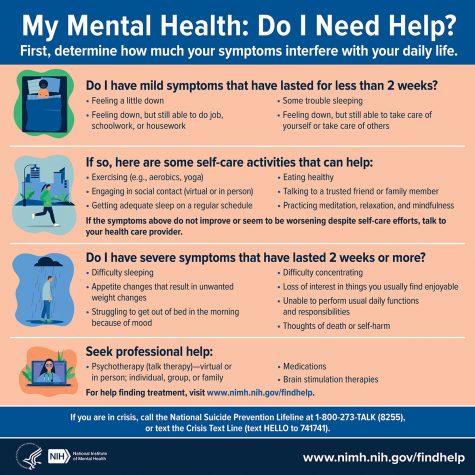
One of the main topics discussed right now after months in quarantine has become the mental health of the population and the impact that the pandemic has on the youth.
Adolescence is a stage with many physiological changes as well as emotional and sociological changes, it is a time when the youth requires positive guidance, good communication, and an uplifting environment.
With fewer activities, school cancelations, sports pushed until further notice, the youth has become a targeted and affected group that suddenly found themselves with a lot of time and few activities available for them.
It is here that the community is now facing a unique challenge that affects many households around the country and even the world. Are the households and communities well informed and trained to handle the mental health needs and struggles of the youth of these times?
The World Health Organization describes mental health on the youth as “a crucial period for developing and maintaining social and emotional habits important for mental well-being. These include adopting healthy sleep patterns; taking regular exercise; developing coping, problem-solving, and interpersonal skills; and learning to manage emotions. Supportive environments in the family, at school and in the wider community are also important,” states the CDC.
When school went virtual and sports were pushed, the youth faced a reality where they found themselves with little physical, social, and emotional activities and support, their days became repetitive and with little to no activities and the fear of the pandemic affecting the world, their support system collapsed and, in many cases, disappeared. They were left facing feelings like anxiety, depression, and stress which are hard to resolve all alone.
Mental health issues can affect anybody and that is the reason why it is important to be informed and find support when dealing with any mental health situation.
These are some ideas that can be helpful when mental health issues are suspected as listed by the National Alliance on Mental Illness (NAMI): “Follow healthy daily routines as much as possible,” “Take care of yourself through exercise and movement,” “Practice relaxing in the present moment,” “Do meaningful things with your free time,” “Stay connected with others and maintain your social networks,” and “Find mental health resources.”
What is important to understand is that there are resources available for anyone feeling any type of emotional challenge.
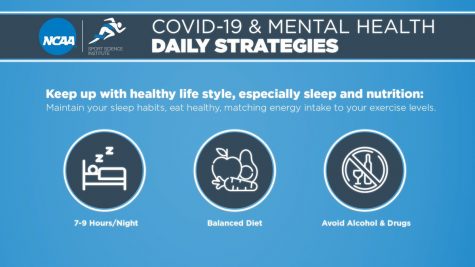
“NAMI has partnered with the CDC Foundation’s “How Right Now” initiative to encourage adaptability and resiliency throughout the COVID-19 pandemic. HowRightNow.org offers resources in both English and Spanish to address feelings of grief, loss, and worry by increasing coping skills and providing strategies for reducing negative behaviors.”
There are many resources provided by NAMI that can be easily be found at nami.org, also as it is important to include the National Suicide Prevention Lifeline at 1-800-273-8255 as well as the chat option available at their website suicidepreventionlifeline.org/help-yourself/youth/


